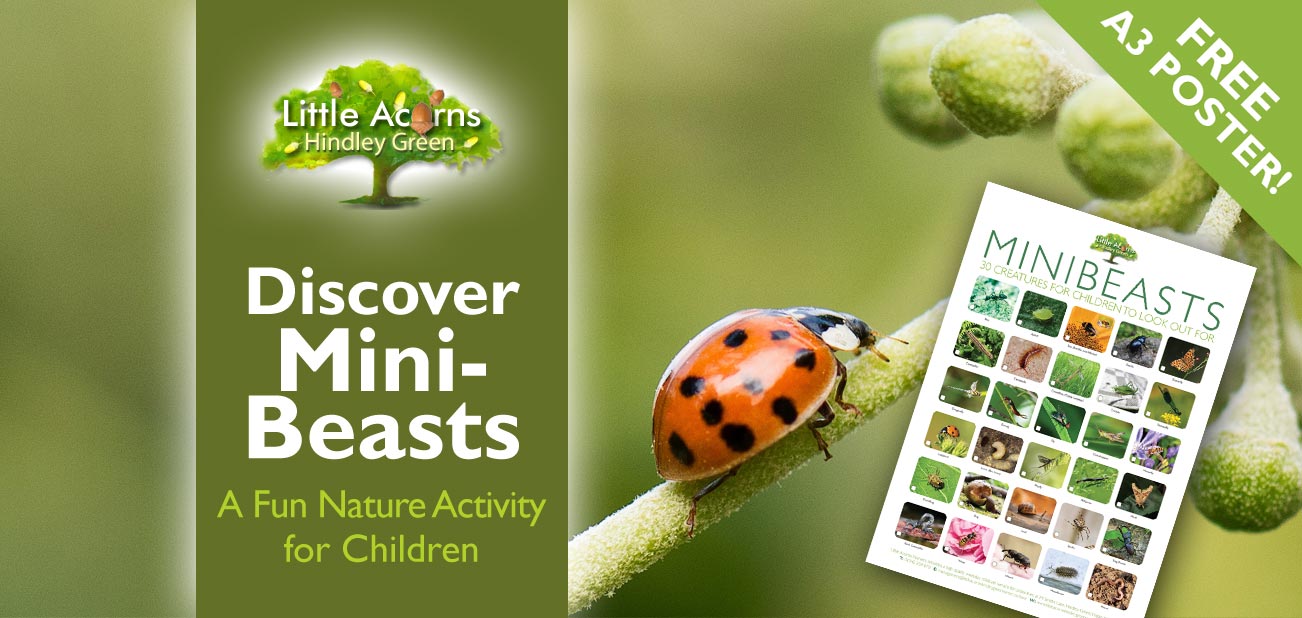
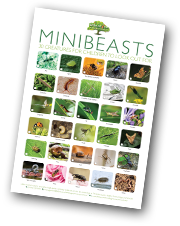 Today’s ‘Discover Minibeasts’ post is the third in our series of nature-based activities for children. And, as with the bird spotting and the butterfly spotting activities, this one also comes with a free A3 poster for families to download. Children will be able to use the poster to identify the 30 different species of minibeast that are featured. From ants and aphids to weevils, woodlice and worms, there are some fascinating critters for children to look out for.
Today’s ‘Discover Minibeasts’ post is the third in our series of nature-based activities for children. And, as with the bird spotting and the butterfly spotting activities, this one also comes with a free A3 poster for families to download. Children will be able to use the poster to identify the 30 different species of minibeast that are featured. From ants and aphids to weevils, woodlice and worms, there are some fascinating critters for children to look out for.
Did you know? There are about 25,000 different types of minibeast in the UK!
Minibeast spotting is a great activity that will help to nurture children’s interest in outdoor play and nature — and that’s important. Study after study shows that spending time in nature is hugely beneficial to children of all ages. As well as helping children physically, emotionally and spiritually, nature and outdoor play help them learn new skills and can even improve grades (follow that last bold link for more details). What’s more, it can lead to a life-long love and appreciation of nature and The Great Outdoors, as well as encouraging children to learn about ecological issues like global warming, habitat loss and the need to protect the natural world. Such is the potential power of today’s humble minibeast-spotting activity! With that in mind, why not download our free poster today? It’s completely free and no sign-up of any kind is needed.
Preview of the Free Minibeasts Poster:
How to Download the Poster
Simply click the large poster preview image or this link to view/download the high-resolution version (whether you left-click or right-click to download will depend upon your particular browser settings — try both if you’re unsure). The file is less than 3MB in size. You will need Acrobat Reader on your device, which is available free of charge here. When printing out, we recommend using full colour and high-quality settings and paper for the best results. You/your child can alternatively view the poster on screen, e.g. on an iPad or tablet, which will allow you/your child to zoom in for the highest detail.
Given that minibeasts are mostly found outdoors, it’s important for children, especially the very young, to be supervised, for safety purposes. There are many potential dangers outside, so parents or caregivers will need to be vigilant around these when supervising little ones.
Tips for Spotting Minibeasts
Once children are armed with handheld versions of their minibeast posters, they’ll need to work out where best to spot them. The good news is that minibeasts are almost everywhere there are plants, trees and soil. Children can look for the more visible minibeasts like bees, butterflies, caterpillars, moths, ladybirds, aphids and hoverflies simply by looking for flowers and plants, which are a food source for such critters. Other minibeasts like grubs and earthworms may be found within soil and compost, so a little (gentle) digging around may prove fruitful for them — but care will need to be taken not to harm the little creatures. Meanwhile, the best places to find creatures like beetles, woodlice, millipedes and centipedes are generally going to be under things. For example, they may have their homes under piles of leaves, under flower pots, under rotting logs and — the best place of all for minibeasts — in the compost heap!
Be Gentle — Encourage Empathy
When supervising children for this minibeast-spotting activity — or any other involving animals and insects — please be sure to teach children about gentleness and empathy. Minibeasts are small and fragile creatures, so ideally should be looked at but not touched or disturbed. Teach children that each is an individual, with its own life, needs and feelings. Minibeasts will also not want to be taken from their homes, wherever those may be. So, please do encourage children to be gentle and kind, just like they’d like to be treated themselves if it were the other way around. Thank you.
Is your toddler frightened of insects like spiders? If so, try naming them, for example, “Simon the Spider”. In this way, children will begin to associate each as an individual, rather than just a scary and nameless critter. This approach can really help!
Discover Minibeasts!
All in all, minibeast spotting is a fun and fascinating activity for children to take part in and is perfect for the spring, summer and autumn seasons. As well as being fun, educational and worthwhile it also raises children’s interest in ecological matters. For example, it may lead children to realise the need to nurture the natural world, the problems associated with harmful pesticides and weedkillers, and the need to leave natural, undisturbed areas for wildlife to flourish. Children will eventually become the stewards of our beloved Planet Earth, so educating them early about looking after the planet is crucial for the existence not only of the flora and fauna, but also for mankind itself.
A Focus on Nature at Little Acorns Nursery, Hindley Green
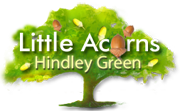
 The childcare professionals at Little Acorns Nursery know full well how important nature is to children as part of their early years learning and development. That’s why we’re adopting the ‘Hygge’ lifestyle at the setting and plan to introduce Forest School in the future. We ensure children get ample access to outdoor spaces to play, explore and learn in whenever possible. Even indoors, children get access to natural materials and resources.
The childcare professionals at Little Acorns Nursery know full well how important nature is to children as part of their early years learning and development. That’s why we’re adopting the ‘Hygge’ lifestyle at the setting and plan to introduce Forest School in the future. We ensure children get ample access to outdoor spaces to play, explore and learn in whenever possible. Even indoors, children get access to natural materials and resources.
Do you have a child under five and live in the Hindley Green area, near Wigan, or in a nearby location like Bickershaw, Leigh, Atherton, Westhoughton, Ince-in-Makerfield, Platt Bridge, Tyldesley, or Bolton? If so, Little Acorns Nursery offers a first-class early years education and weekday childcare service that’ll give your little one the very best start in life. We’ll nurture them and do everything we can to help them develop into the very best version of themselves so that they’re fully prepared and ready for school by the time they leave us as they approach the age of five. What’s more, we support Government funding including free childcare schemes for eligible families. Get in touch today to register your child for a nursery/preschool place, book a guided tour of the nursery or ask a question. We’re here to help!
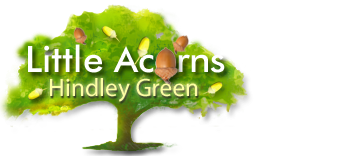
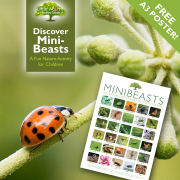
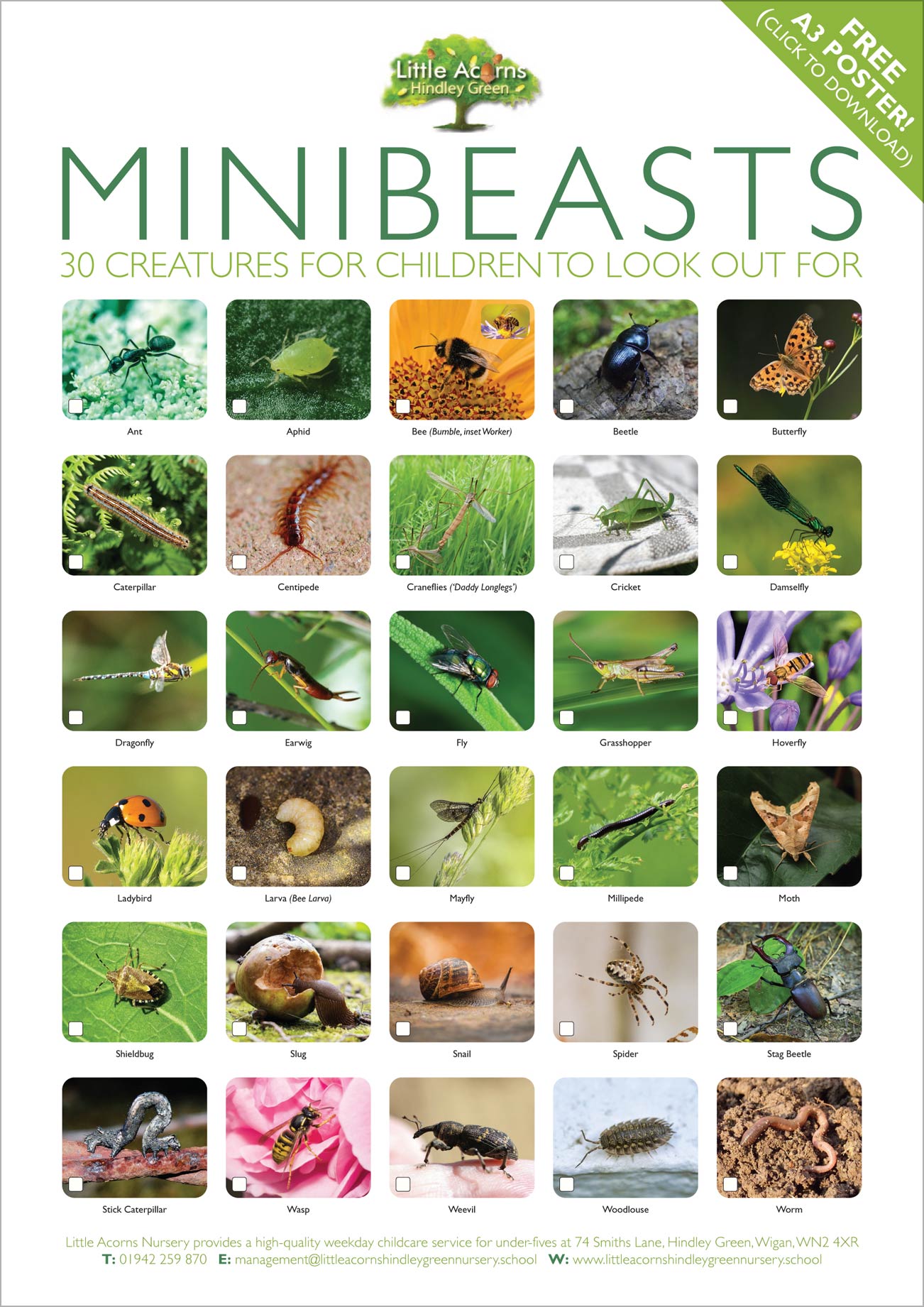

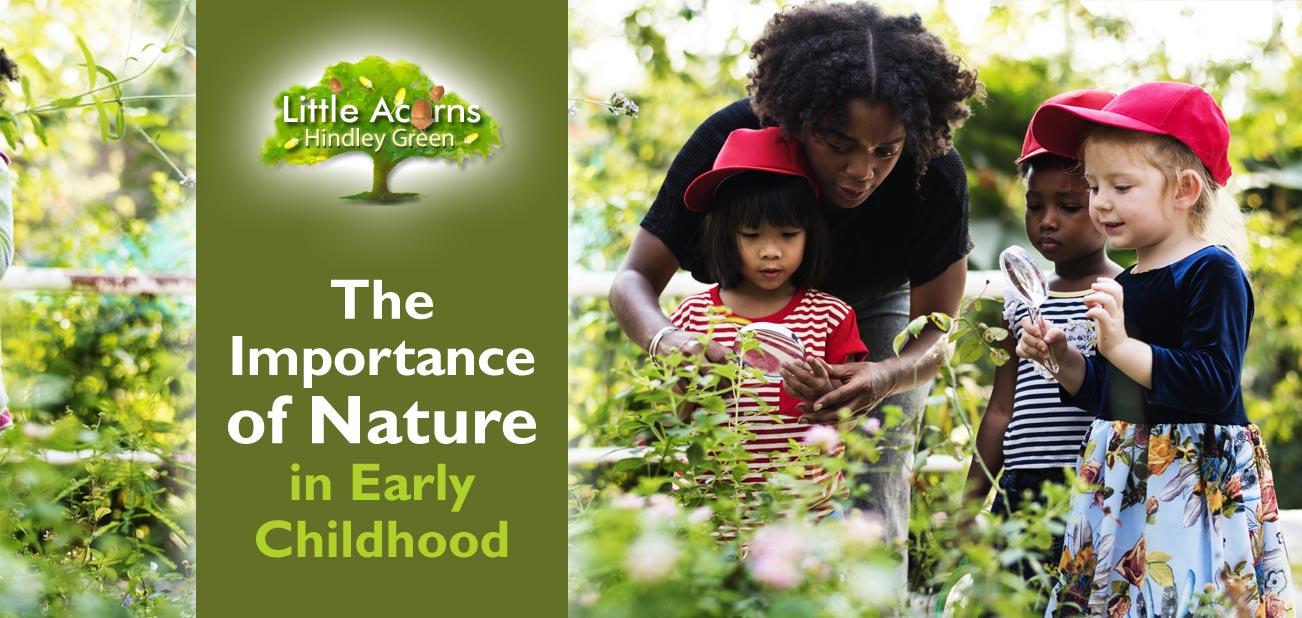
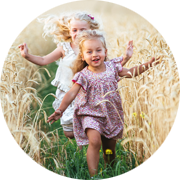 As parents, we all want the best for our children. We strive to provide them with a nurturing and stimulating environment that supports their growth and development. However, in today’s fast-paced world, it’s easy to overlook the importance of nature in our children’s lives.
As parents, we all want the best for our children. We strive to provide them with a nurturing and stimulating environment that supports their growth and development. However, in today’s fast-paced world, it’s easy to overlook the importance of nature in our children’s lives.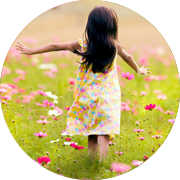
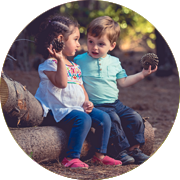 Make time for outdoor play — set aside regular time for outdoor play and exploration. This can include visits to local parks, nature reserves, or your own back garden.
Make time for outdoor play — set aside regular time for outdoor play and exploration. This can include visits to local parks, nature reserves, or your own back garden.